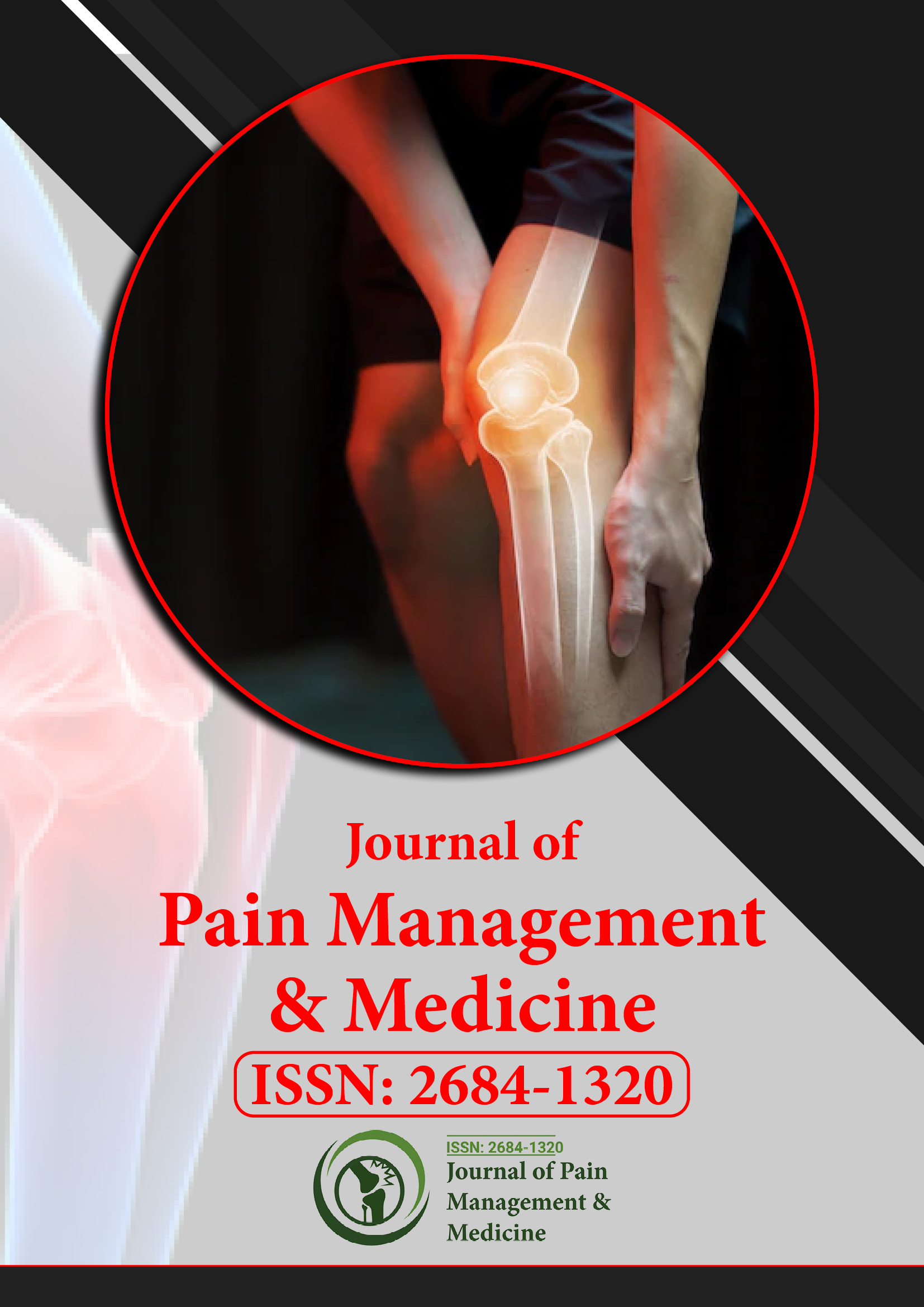indexado en
- Búsqueda de referencia
- Universidad Hamdard
- EBSCO AZ
- Publón
- pub europeo
- Google Académico
- Mercado de acceso abierto de calidad
Enlaces útiles
Comparte esta página
Folleto de diario

Revistas de acceso abierto
- Administración de Empresas
- Agricultura y Acuicultura
- Alimentación y Nutrición
- Bioinformática y Biología de Sistemas
- Bioquímica
- Ciencia de los Materiales
- Ciencia general
- Ciencias Ambientales
- Ciencias Clínicas
- Ciencias farmacéuticas
- Ciencias Médicas
- Ciencias Veterinarias
- Enfermería y Cuidado de la Salud
- Genética y Biología Molecular
- Ingeniería
- Inmunología y Microbiología
- Neurociencia y Psicología
- Química
Abstracto
Un nuevo modelo predictivo del momento del paro cardíaco en pacientes de cuidados paliativos en UCI: un estudio de cohorte retrospectivo de un solo centro
Shunsuke Takaki
Objetivo: El objetivo de este estudio fue desarrollar un modelo predictivo del momento del paro cardíaco en el ámbito de cuidados paliativos en la unidad de cuidados intensivos.
Diseño: Recopilamos retrospectivamente los datos de los pacientes en la unidad de cuidados intensivos entre 2010 y 2016. Se recogieron los signos vitales hasta que se produjo el paro cardíaco y se registró continuamente la presión arterial sistólica (PAS) cuando era inferior a 80 mmHg. Planteamos la hipótesis de que un colapso del sistema nervioso autónomo estaba asociado con el momento del paro cardíaco. Nuestro objetivo era desarrollar un modelo predictivo para determinar un momento de 120 minutos antes del paro cardíaco. Utilizamos el índice de shock (SI) definido como la frecuencia cardíaca dividida por la PAS como variable de proporción para identificar una fase final de la vida.
Resultados: Un total de 4.330 pacientes fueron admitidos en la UCI y 19 de ellos fueron incluidos en este estudio. Desarrollamos un modelo de predicción utilizando SI y PAS: SI predicho = 0,995 + (6,931-0,995) e-0,035 x PAS con AUC 0,650 (0,512 a 0,788). La disparidad entre la frecuencia cardíaca real y predicha fue de -10 lpm (49,9%, sensibilidad; 75,8%, especificidad; y razón de verosimilitud, 2,06). En el conjunto de validación, la sensibilidad fue del 52,7%, la especificidad fue del 79,8%, el valor predictivo positivo fue del 35,7%, el valor predictivo negativo fue del 88,8% y la razón de verosimilitud fue de 2,61.
Conclusión: Nuestro nuevo modelo de predicción estima el tiempo hasta la muerte 120 minutos antes de que ocurra el paro cardíaco basándose en la información de la fluctuación del índice de choque.